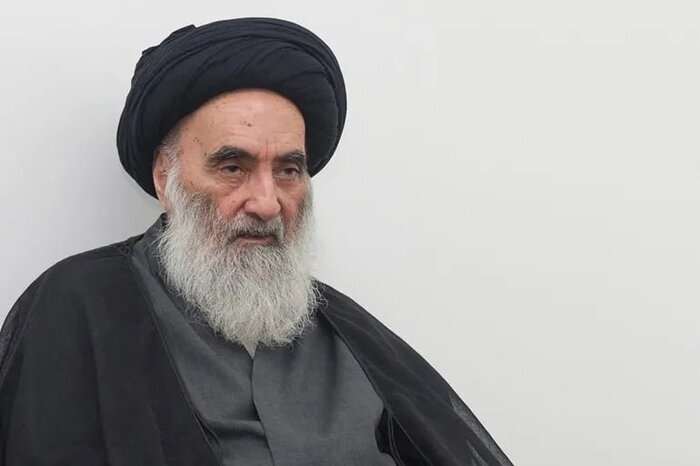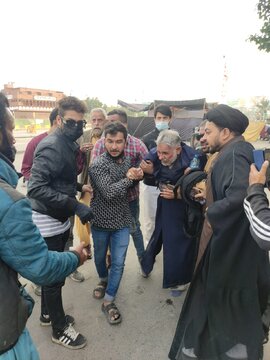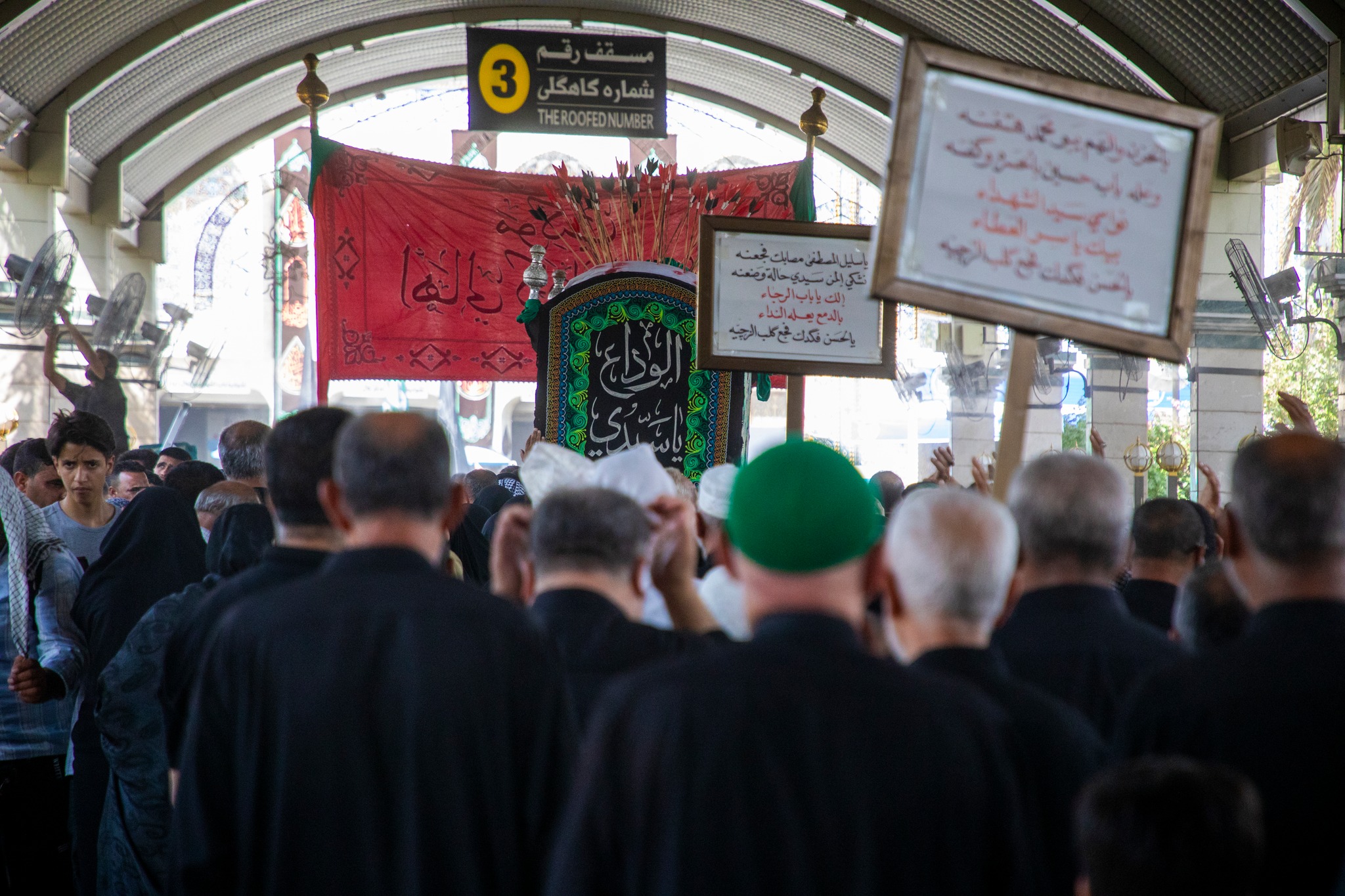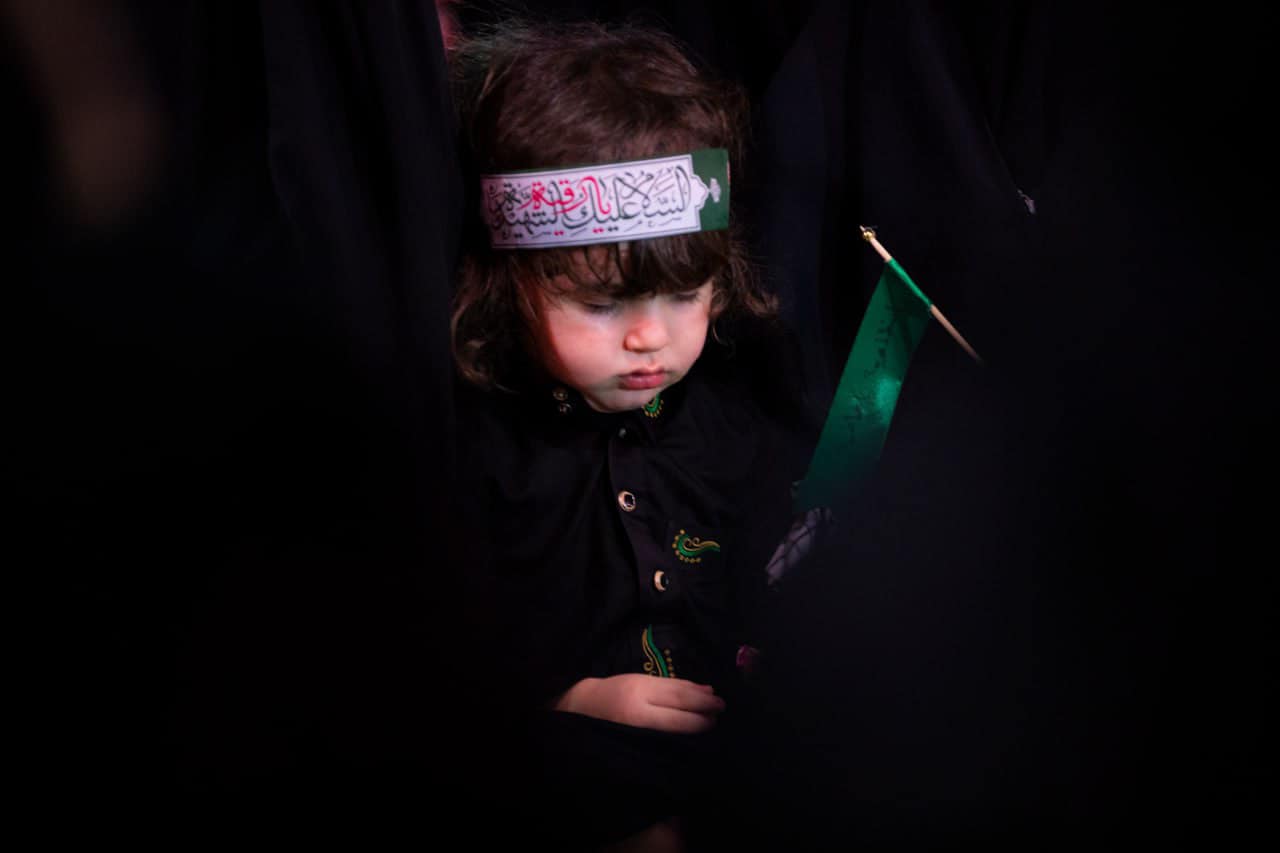AhlulBayt News Agency: Surah Kawthar is one of the shortest chapters in the Holy Qur’an, yet it
is one of the richest ones too. It carries a fountain of knowledge for
those who seek to extract its deeper meaning and wisdom. The
interpreters of the Qur’an in the different schools of thought in Islam
have intentionally presented a multitude of opinions regarding the
identity of Kawthar to distance this virtue from its true owner, the
Lady of Light (peace be upon her). The general context of this Surah
conveys the meaning of Kawthar to refer to abundance in progeny and
posterity. We find a wide array of ideas and key points in these regards
presented in this Surah and they are all derived from one spring. It
all points to the meaning that Kawthar refers to the "abundant good"
which has no limit, as mentioned in the first verse: ﴾We have given you Kawthar. (108:1)﴿
Also, the specific application of Kawthar is manifested in the holy
being of Lady Fatima Zahra, the purified daughter of Prophet Muhammad
(peace be upon him and his progeny). Sure enough, the progeny of the
Prophet comes only from Fatima and she is the mother of almost all the
Infallible Imams (peace be upon them all). To have something in
abundance is not necessarily a thing that is sought for; however,
abundance is desired only when the object is nothing but pure "good". If
we search all of history across the globe, we will not find a better
example of good manifested in any person other than Lady Fatima and her
progeny.
This profound Surah which had been gifted to the Holy Prophet ends with the verse, ﴾Surely your enemy is the one who shall be without posterity. (108:3)﴿
It is important to realize that the introductory and concluding verses
of this Surah are related to each other and that this last verse reveals
the identity of al-Kawthar, which has been gifted to the Prophet. Mir
Pooya explains in his Qur’anic commentary that when the Holy Prophet's
son, born to Khadija al-Kubra (peace be upon her), passed away, Amr ibn
Aas and Hakam ibn Aas taunted the Holy Prophet by calling him Abtar
(tail-less), one whose progeny has been cut off. This Surah was revealed
to give glad tidings to the Holy Prophet that abundance of unbounded
grace, of wisdom and knowledge, of mercy and goodness, of spiritual
power and insight – in the highest of degrees – and of progeny has been
given to him. Mir Pooya also says that this chapter guarantees abundance
in every type of growth and profit to the Holy Prophet. The reality of
this "abundance" cannot be encompassed or fathomed nor can it be given
its most due right. It is a sincere grant from Allah to His beloved and
chosen one, Prophet Muhammad. This should not be a surprise to us
because, after all, Allah had previously stated in (93:5), ﴾And soon will your Lord give you so that you shall be well pleased.﴿
It is important to make a distinction here between the words of a
creation and that of the Almighty Creator. When a creature says that "I
will give" it is not the same as when the Creator says "I will give."
The divine bestowal is much greater than our minds can encompass! So
when Allah announces to His beloved Prophet that He will give him such
that he will be pleased, then surely we can expect that divine grant to
be something that is not materialistic or temporal or related to the
mundane world. It is something that exceeds the boundaries of this life
and existence! Upon hearing this verse, we as Muslims should anticipate
and follow the pure autobiography of the Prophet to discover what that
great grant which Muhammad received from Allah is. We can imagine the
Prophet himself waiting anxiously to receive this divine gift which will
make him ever pleased with his Lord. The answer to this question is
answered in Surah Kawthar when Allah announces to the Prophet in front
of everyone that ﴾We have given you Kawthar. (108:1)﴿
In
some degree or another, according to the grade of their submission, all
the believing men and women receive some portion from the abundance
given to the Holy Prophet; therefore, they are commanded to offer Salat
regularly and sacrifice whatever they have in the cause of Allah
whenever necessary. As indicated in verse 2 of this Surah: ﴾Therefore pray to your Lord and make a sacrifice.﴿
If we analyze the two verbs of this verse, we will realize a deeper
meaning is implied, one beyond merely praying or giving up the materials
of this world. Rather, according to some exegetes, to perform Salat in
the context of this verse means to send blessings upon the Prophet and
his progeny in the form of Salawaat as an expression of Mowadda
(reciprocal devotion) to the Ahl-ul-Bayt (peace be upon them). And the
biggest sacrifice that was offered in gratitude of the grant of
abundance was the sacrifice of Imam Hussein (peace be upon him) in
Karbala, as described in the words "Dhibh 'Adheem" (the Great Slaughter)
(37:107). The Holy Prophet and his Ahl-ul-Bayt demonstrated the highest
standard of devotion in prayers and in giving everything they had in
the cause of Allah.
At the same time, it is implied in the last
verse of this Surah that those who go against the Prophet and hurt him
or deny the treasure of Kawthar personified in the immaculate character
of Fatima, their progeny is cut off and is non-existent in Allah's eyes,
even if the progeny exists physically.
Surely it is not a
coincidence that we spend the months of Rabi al-Awwal and Rabi al-Thani
commemorating the birth of the Holy Prophet and appreciating his pure
autobiography to the point of realizing how much divine reward he
deserves. Then we embark on the months of Jamadi al-Awwal and Jamadi
al-Thaani to appreciate the bestowal of Kawthar as the divine gift to
the Holy Prophet which is manifested in his daughter, the Lady of the
Universe! It is not possible to value Kawthar without valuing Lady
Fatima, and one cannot appreciate Lady Fatima without appreciating her
father.
Allah has granted Prophet Muhammad many gifts
including knowledge, clemency, prophethood, courage, eloquence, and love
in the hearts of believers. However, the most significant and valuable
of gifts which Allah gave to him is Lady Fatima, the apple of his eyes.
Lady Fatima is the one who preserved the light of prophethood, and she
became the extension to the message of Islam via her sons – the
Infallible Imams who kept the message on track according to the Sunnah
of the Prophet. They sacrificed themselves in this path of truth,
justice, and liberty. Lady Fatima left behind a great legacy which is
passed on by her sons and grandsons who represent the closest and
shortest route towards Divine proximity.
Do you know when Allah
presented Lady Fatima to His Prophet? According to Shaikh Muhajir in
volume 1 of his book Know that I am Fatima, this divine bestowal was
granted to Prophet at the highest point of this universe as indicated in
this verse: ﴾Near
the Lote-tree beyond which none may pass. Near it is the Garden of
Abode. When that which covers covered the lote-tree. The eye did not
turn aside, nor did it exceed the limit. (53:14-16)﴿
In fact, let us hear the words of the Prophet himself on the event of
Ascension, when he describes how Lady Fatima was gifted to him: "When
I experienced Ascension to the heavens, Jibra'il took my hands and made
me enter Paradise and gave me some dates which I ate. At that night
Fatima was gifted to me. Fatima is a human Hoori; whenever I yearned for
the scent of Paradise, I smelled the fragrance of my daughter Fatima."
This extraordinary event urges us to reflect on this unique virtue of
Lady Fatima, the only human being whose origin was created from the
light of the best of creations – Prophet Muhammad – which was mixed with
the clay or fruit of Paradise from the holiest of places where even
Archangel Jibra'il is not permitted to cross! According to the
Infallible Imams, Lady Fatima is the Hujjah (Proof) over the Imams
themselves! Her origins were initiated in the highest abode which
clearly implies that her status is also at a very high stage. From here
we begin to understand the secret behind the Prophet's extraordinary
care towards Lady Fatima. He used to rise from his seat out of respect
for her, he would embrace her hands and he would say, "Welcome, Umme Abiha!" addressing her by the loving title of "Mother of Her Father".
In light of the fact that she was created from the clay of Paradise, it
is no wonder then that the Prophet comments that when he yearned for
Paradise, he would smell the fragrance of Lady Fatima!
The
association of Lady Fatima with Paradise further proves to us that
whoever yearns for the pleasure of Paradise should please Lady Fatima,
love her and be an obedient servant who follows her path and that of her
purified sons! After all, if the Prophet himself yearns for Paradise
through his daughter, then surely we should also seek salvation via
Fatima – the manifestation of Kawthar!
/129
22 December 2024 - 05:51
News ID: 1515639
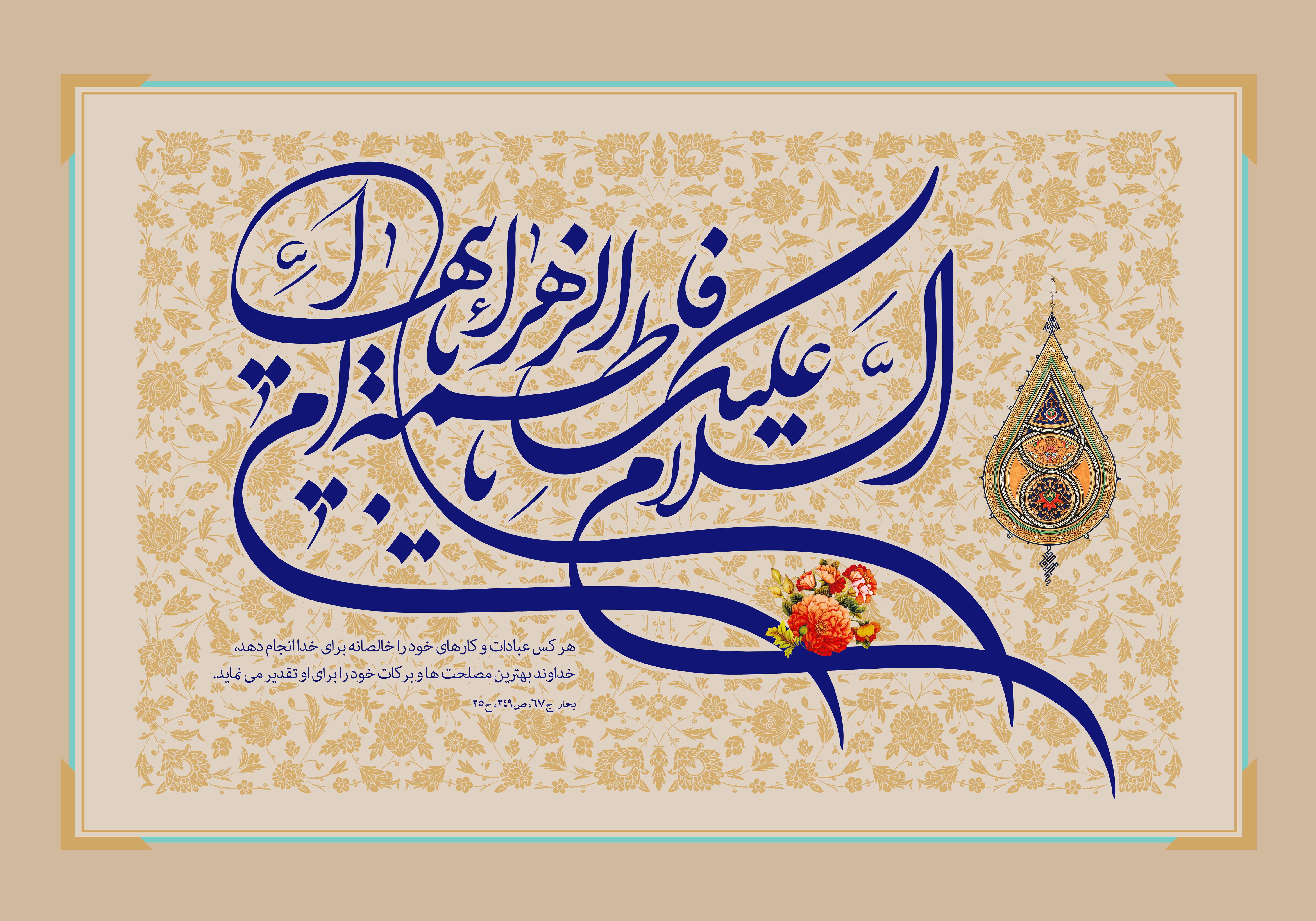
Surah Kawthar is one of the shortest chapters in the Holy Qur’an, yet it is one of the richest ones too. It carries a fountain of knowledge for those who seek to extract its deeper meaning and wisdom. The interpreters of the Qur’an in the different schools of thought in Islam have intentionally presented a multitude of opinions regarding the identity of Kawthar to distance this virtue from its true owner, the Lady of Light (peace be upon her).

